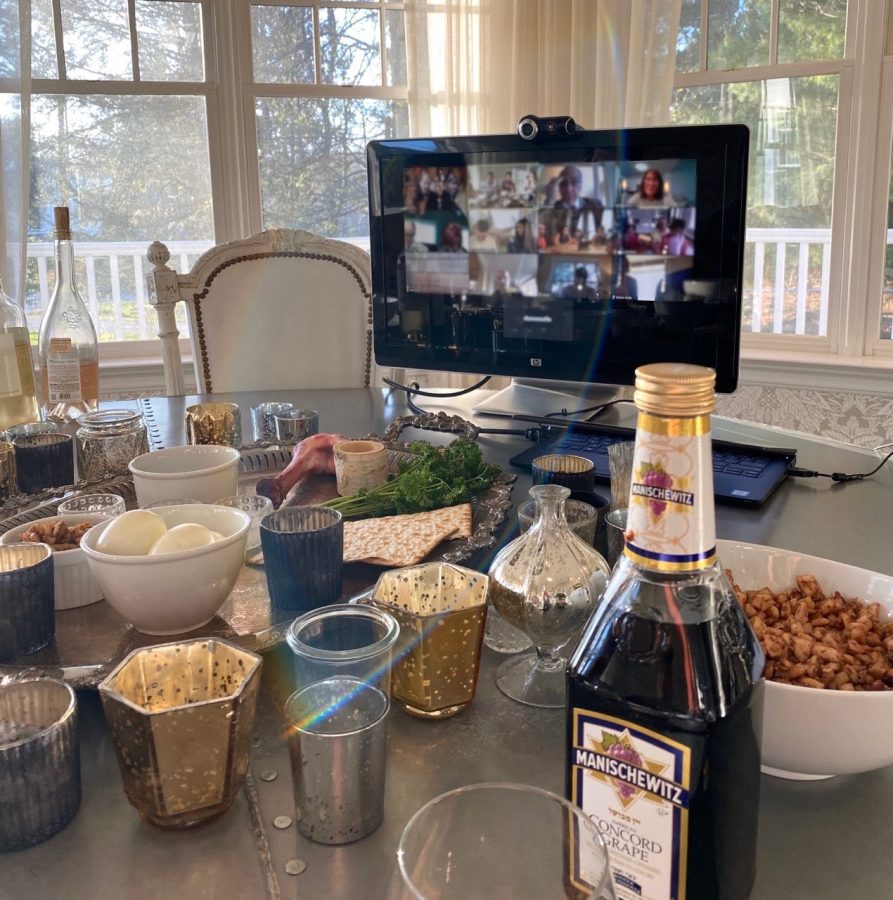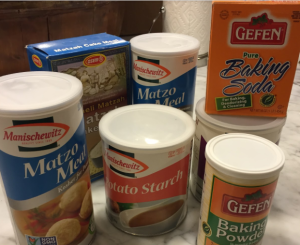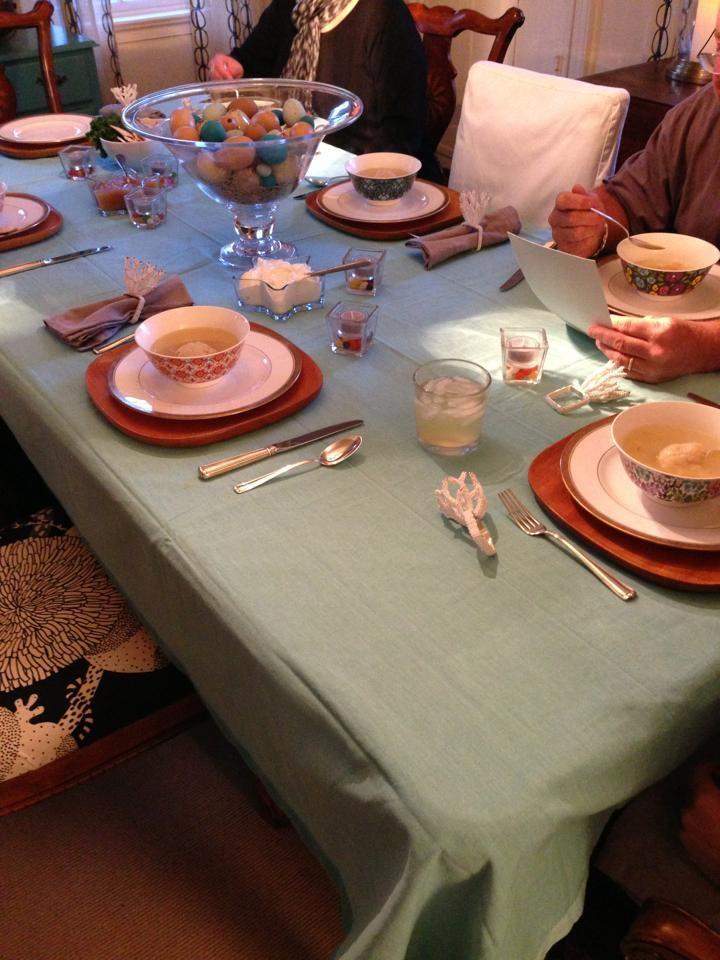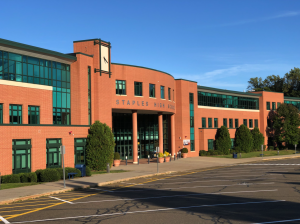Passover during pandemic: virtual Seders strengthen community
Photo contributed by Remi Levitt ’21
Due to the current pandemic, families will be celebrating Passover Seder with family and participating in traditional services virtually, utilizing platforms like Zoom.
Smells of brisket and matzah ball soup fill the house. The table is set with Elijah’s cup and the traditional Seder plate, a set of eight symbolic foods that help in recounting the story of Passover. Where there are usually 20 people packed throughout the dining room and kitchen, Passover 2020 is just a family of four and a computer.
This year, family and friends cannot celebrate with large Seders or gather in the synagogue for prayer service due to the coronavirus. However, members of the Westport community and temples alike have found ways to still celebrate Passover, socially distant.
“We are FaceTiming with our extended family because we can’t have a big gathering this year,” Harley Bonn ’21 said. “We can still do all the Passover traditions and tell the stories, even when we can’t actually be together.”
Temple Israel, Westport’s reformed synagogue, is hosting virtual Seders, a traditional Passover service and Seder cooking classes for the holiday, all led by members of the temple’s congregation via Zoom. The website also provides a Passover Haggadah and Seder checklists for families to use remotely.
“Although it is difficult to be away from family and not get to have many people at our Seder tables this year, I love how innovative the Jewish community is being and how much beauty has come from this,” Temple Israel Rabbi Educator Elana Nemitoff-Bresler said. “[…] We are fortified by the number of people we do get to connect to.”
Passover, which began at sundown on April 8 and lasts until April 16, is the Jewish holiday that commemorates the freeing of Israelites from slavery in ancient Egypt. During the eight days, people celebrate with big dinners, retelling the story of the Exodus and entirely avoiding leavened foods.
“It was tough to get around the main obstacle of not gathering with family,” Daniel Rosenkranz ’21 said. “It’s not quite the same, [but] Zoom will allow us to hear everyone’s voice and give each other comfort during this difficult time.”
Amid the current pandemic, it can be difficult for those celebrating to cook the traditional Passover meals or get all of the foods required for a filled Seder plate.
“At a time when people cannot necessarily get the main staples of a Seder, we find ways to adapt like our ancestors have done for generations,” Nemitoff-Bresler said. “In that way, our Jewish community is stronger than ever.”
Chabad Lubavitch of Westport has also found ways to connect with the Jewish community, even when they cannot physically be together. They’ve prepared many resources for members of the Jewish community to utilize during the holiday, like “How to Lead Your Own Seder.” The organization has also delivered matzah and Passover-to-Go kits to help people bring the holiday into their home.
“For most families, Passover is a time to spend together,” Mussie Kantor Ciment, Head of Youth Programs at Chabad Lubavitch of Westport, said. “Most are used to doing the Seder with their crew every year. Many people have no idea where to start, how to lead a Seder themselves [or] what to prepare.”
Like Temple Israel, they’ve used Zoom to connect with Westport, broadcasting Friday night services before Shabbat, Hebrew school and Torah class.
“It’s definitely a tremendous change in [the] pace of life,” Ciment said. “But, sometimes when situations are so different we become closer than ever.”

As a writer, lacrosse player and cheerleader, Remy Teltser ’21 has always explored a variety of interests. After taking Intro to Journalism last year,...




















































